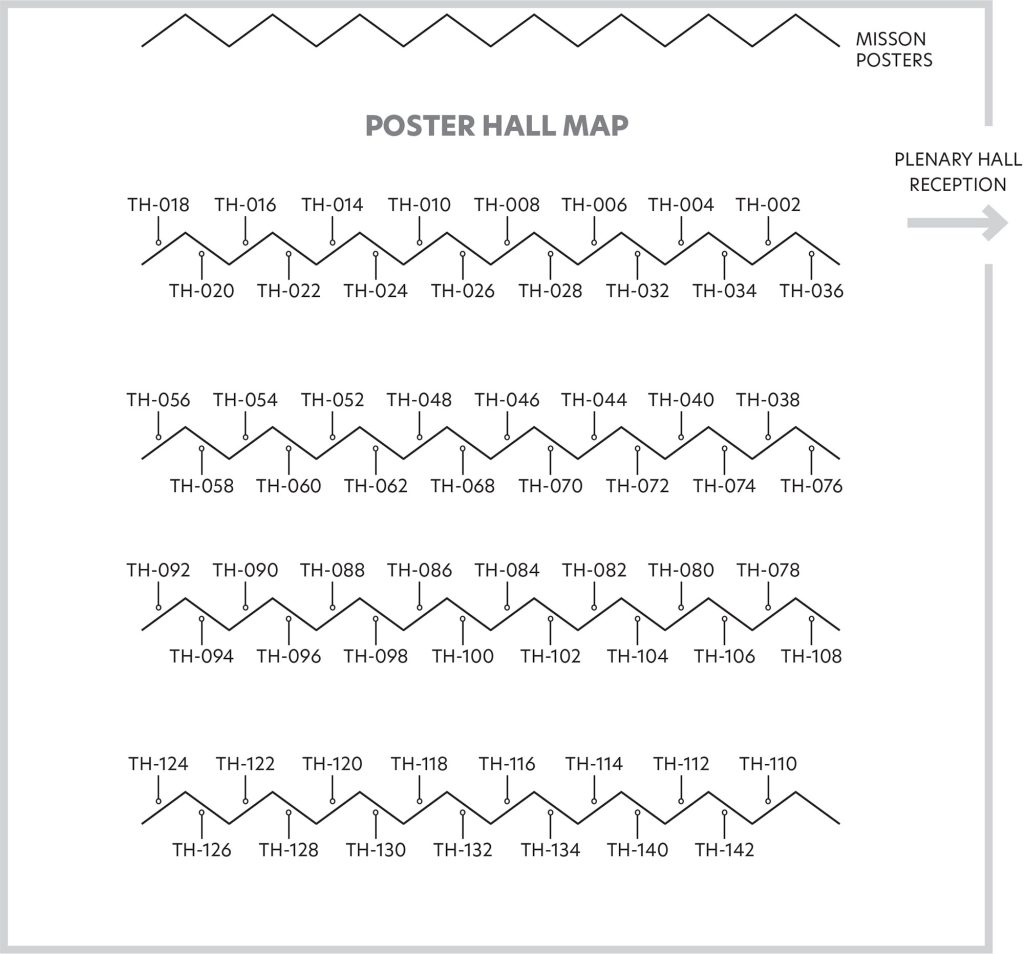POSTER Session 4
Thursday, October 10
11:10–12:50
Poster Session | 1 | 2 | 3 | 4 | Instructions | Schedule at a Glance
ABSTRACT 815 | POSTER TH-100
MAPPING NON-OBSERVABLE NUTRIENTS: USING SIMULATED SATELLITE PRODUCTS TO TRAIN DEEP-LEARNING MODELS FOR REMOTE SENSING APPLICATIONS
Nutrient pollution-induced water quality degradation has become pervasive across many regions globally, driven by expanding human populations and associated land use changes that result in excessive discharge of anthropogenic nutrients into coastal ecosystems. Monitoring and managing nutrient discharges into coastal environments is essential for persevering the health of these systems. However, traditional field-based monitoring techniques are both time-consuming and costly. Satellite remote sensing observations offer the advantage of large spatial coverage and consistent high temporal frequency making it a excellent complimentary method for water quality monitoring. However, because nutrients are non-optically active, the relationships between surface reflectance and nutrients are non-linear making it difficult to retrieve estimations using traditional remote sensing models. Consequently, many models rely on indirect relationships between nutrients and optically active compounds or employ empirical pixel-by-pixel calculations, sacrificing valuable spatial information. Deep learning has emerged as a powerful tool for water quality monitoring. However training these networks using remote sensing imagery is challenging due to insufficient data density, the absence of cloud-free images and labeled spatial nutrient data, making it difficult to effectively train image-to-image convolution models. We propose a novel solution by leveraging the eReefs model – a hydrodynamic, biogeochemical, and optical simulation of the Great Barrier Reef – to generate comprehensive synthetic datasets of satellite imagery that match the spectral response functions of satellite sensors. By simulating millions of cloud free Landsat and MODIS images over the Great Barrier Reef region we provide an abundant resource for pre-training advanced convolutional networks for nutrient retrieval.
Lachlan Phillips, Commonwealth Scientific and Industrial Research Organisation (CSIRO), Australia, [email protected], https://orcid.org/0000-0002-7635-2817
Poster Session | 1 | 2 | 3 | 4 |
Instructions | Schedule at a Glance
Questions?
Contact Jenny Ramarui,
Conference Coordinator,
at [email protected]
or (1) 301-251-7708

